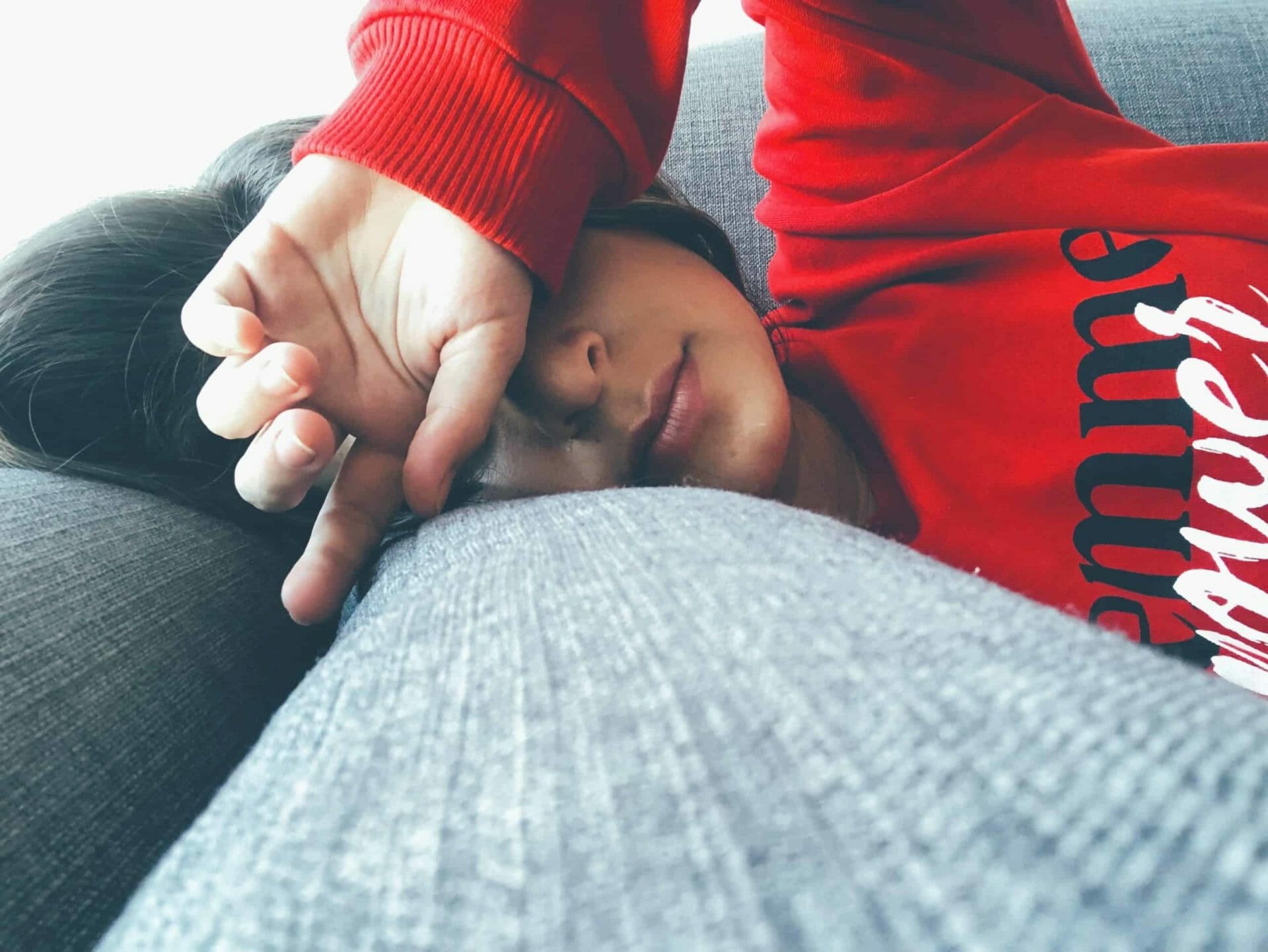"Listening fatigue" is a subjective experience secondary to many causes.
-Physiological:
High volume can cause a transient decrease in sensitivity to certain frequencies and listening fatigue.
This chapter presents results of research on influence of auditory fatigue on some aspects of listening condition measured among various groups of listeners. Three experiments have been carried out. The aim of the first one was to find the influence of the kind of headphones used by young people...

www.intechopen.com
https://www.researchgate.net/publicatio ... ry_Fatigue
-Psychologically:
People with impaired hearing and children born deaf now hearing with cochlear implants have increased listening fatigue.
Listening to reproduced music via suboptimal speakers results in increased listening fatigue.
Listening to low-coded music, such as MP3, increases listening fatigue.
Listening to non-engaging music causes listening fatigue.
Deaf people have increased "listening fatigue".
Deaf people "hear" through sign language and lip-reading.
Concentration fatigue is a familiar term in the Deaf community. Some people who are deaf or Hard of Hearing experience this as a side effect of their hearing loss. Trying to concentrate, watching signing, lipreading and listening to speech and sound can be exhausting, especially over long periods of time. Some people who have a hearing loss have to pay extra attention to visual cues, which ‘fill in the gaps’, of what they did not hear. A good example is lipreading. Concentrating on lipreading, sign language and body language cues puts strain on the brain, which means the body is working extra hard.
In her latest blog, Deaf advocate and Deafblind UK Outreach Officer Louise Goldsmith finds out more about concentration fatigue and its impact on people living with hearing loss. Concentration fatigue

deafblind.org.uk
It is probably the cognitive attention that determines the "listening fatigue". Interpreting the sounds of a cochlear implant is extremely demanding and requires complete concentration. Previous experience is crucial for understanding.
It is also cognitive difficult to fill in what is missing in the MP3 flow.
It seems to be the secondary psychological cognitive analysis in the frontal lobes and not the quality of the primary sensory signal source in the brain that causes fatigue.






